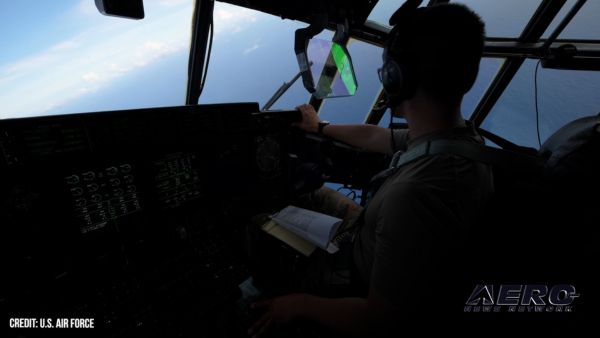Fri, May 20, 2005
Advertisement
More News
 ANN FAQ: Submit a News Story!
ANN FAQ: Submit a News Story!
Have A Story That NEEDS To Be Featured On Aero-News? Here’s How To Submit A Story To Our Team Some of the greatest new stories ANN has ever covered have been submitted by our>[...]
 Aero-News: Quote of the Day (06.12.24)
Aero-News: Quote of the Day (06.12.24)
“The legislation now includes a task force with industry representation ensuring that we have a seat at the table and our voice will be heard as conversations about the futur>[...]
 ANN's Daily Aero-Linx (06.12.24)
ANN's Daily Aero-Linx (06.12.24)
Aero Linx: Waco Museum The WACO Historical Society, in addition to preserving aviation's past, is also dedicated and actively works to nurture aviation's future through its Learnin>[...]
 ANN's Daily Aero-Term (06.12.24): Adcock Range
ANN's Daily Aero-Term (06.12.24): Adcock Range
Adcock Range National low-frequency radio navigation system (c.1930-c.1950) replaced by an omnirange (VOR) system. It consisted of four segmented quadrants broadcasting Morse Code >[...]
 Airborne Affordable Flyers 06.06.24: 200th ALTO, Rotax SB, Risen 916iSV
Airborne Affordable Flyers 06.06.24: 200th ALTO, Rotax SB, Risen 916iSV
Also: uAvionix AV-Link, Does Simming Make Better Pilots?, World Games, AMA National Fun Fly Czech sportplane manufacturer Direct Fly has finished delivering its 200th ALTO NG, the >[...]
blog comments powered by Disqus




